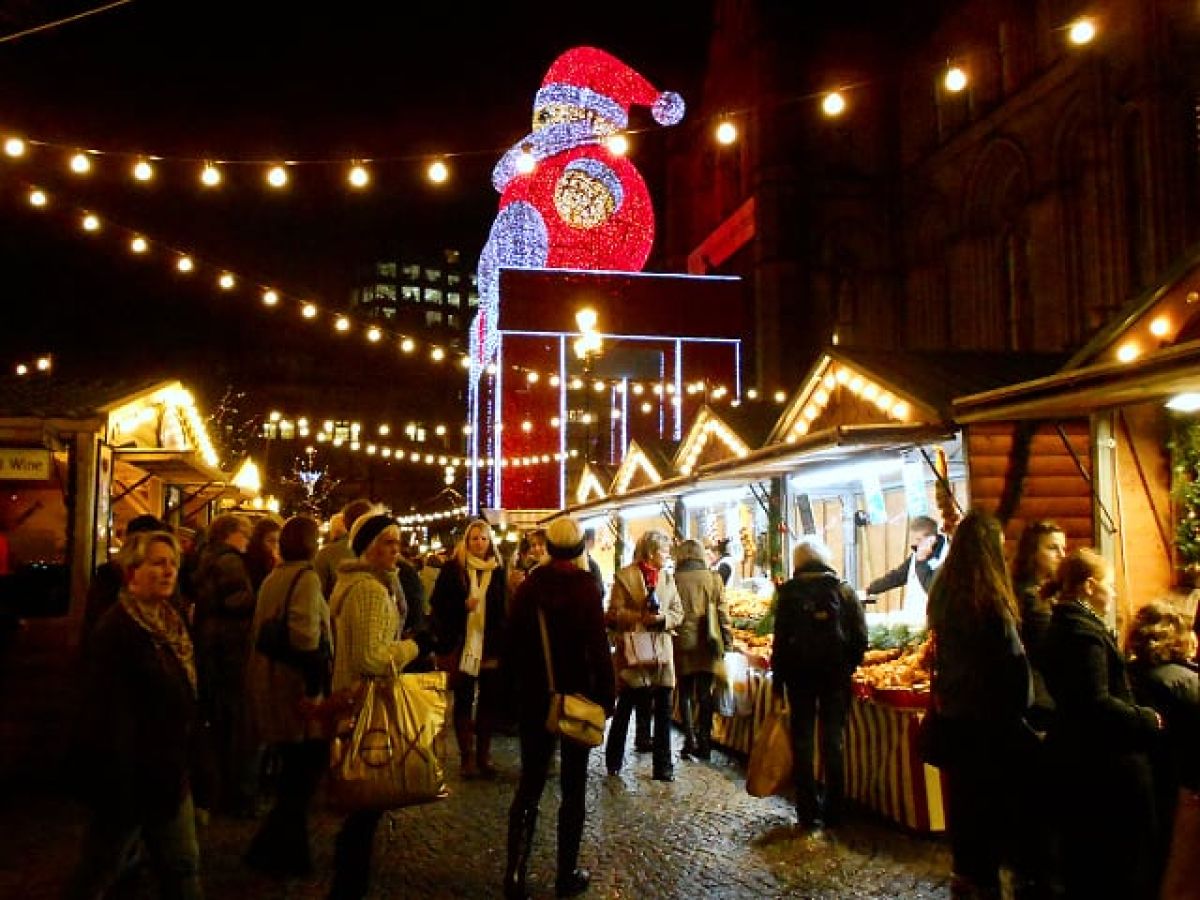I’m dreaming of a green Christmas…
By Byron Gamble

With the start of December comes the unstoppable force that is the spirit of Christmas. Like flat-pack furniture, the Christmas markets assemble like clockwork. Fairy lights frolic above the cobbled city streets, while below market-goers cling to their cocoa and brisk the ever-worsening winds. There is an undeniable charm to the holiday but often when the world is swept with the spirit of Christmas, conscientiousness can be brushed under the rug.
This is a phenomenon that is becoming increasingly damaging to our ecosystem. Each year we devour millions of turkeys and trees and tonnes of non-recyclable wrapping paper. David Attenborough’s forewarning that climate change will bring the collapse of human civilisation is a sobering wake-up call that radical changes need to be made. This responsibility to change not only lies with the world’s decision-makers, but also with the everyday person.
These influences have led to a movement towards a greener Christmas, acting on the resentment of the holiday’s consumerism, over-indulgence and destructiveness of the environment. For one, the campaign “Manchester on Ecosia” hosted a Conscious Christmas Fair at the Student’s Union on December 4th and 5th, selling an assortment of environmentally conscious gifts. These included hanging plants, home-made cards, and second-hand books as sustainable alternative to the throw-away gifts we have become used to over the past few years.
Here’s a list of a few ideas to have a greener Christmas without bringing out your inner Scrooge:
- Instead of using decorative wrapping paper and ribbon littered with glitter and sequins, try using brown wrapping paper and string for your gifts. Brown wrapping paper is always recyclable which cannot be said for decorative wrapping paper, which can be plastic-based.
- For your roast dinner, make an effort to find locally sourced meat and vegetables. The amount of fuel spent each year to transport food up and down the country is often overlooked but should not be understated. Each year UK households waste approximately 7.1 million tonnes of food and drink. In the season of over-indulgence, we tend to waste much more than the rest of the year — avoid the temptation of buying far more food than needed.
- The centrepiece of Christmas, the tree, also finds itself in the centre of a debate: real or fake? A re-useable plastic tree saves the life of a pine tree each year, but the manufacturing of its components (plastic, PVC and steel) and its transportation makes up its carbon footprint. The alternative tends to be the most popular: a real one cherry-picked from the high street. This Christmas, look out for trees with their roots still intact. After the festive season, they can be planted in your yard to be re-used for next year.
- Black Friday is the epitome of our shopping habits. When images surface of feral customers stampeding department stores and fighting over flat-screens, one can only think the same scenario must be playing out on some desolate plains; hyenas scrapping over the last morsel of food. Our ‘shopaholism’ has a huge impact on the environment through manufacturing and transport costs. If you feel disenfranchised with this consumerism, look into Buy Nothing Day for next year. Spend the day spending nothing! More details can be found here.
The festivities can let us all get carried away, and we often become careless without pausing to think how our holiday traditions can impact the environment. If we all made small steps in the right direction, it would go a long way.







